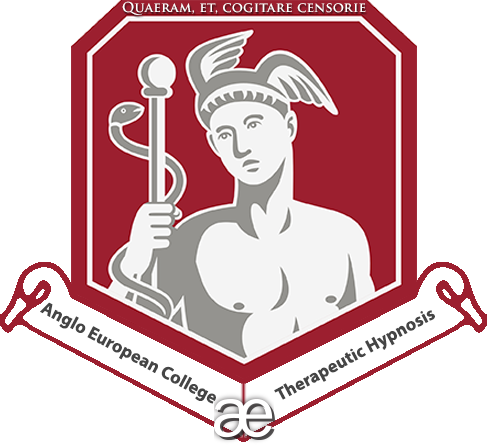ACT for Hypnotherapists
Adam Eason

I (Adam) have been using Acceptance and Commitment Therapy (ACT) with my clients for years now in conjunction with hypnotherapy. I discuss it often on my courses but have only in recent years started going into more depth and detail. I have sought to offer what I teach in live classes in this fairly succinct programme ‘ACT for Hypnotherapists’ which I ran and recorded at the end of last year.
For many, ACT can be counterintuitive in a number of ways, and can seem to involve some reformulating of our entire way of conducting therapy, and might even seem complex to many of us given our original trainings.
Certainly, if you have studied conventional approaches to hypnotherapy, some of the content here will seem counterintuitive and even contradictory at times.

ACT
With this programme we are aiming to fit ACT into our hypnotherapy skill set and approach, which it can do very neatly and easily regardless of your background and central approach.
This programme is delivered in two parts; the first half offers the foundations, the theoretical underpinning, the overriding model and the component parts that fit into that – then in our second half, I ply you with a number of techniques, therapeutic metaphors and practical strategies to employ directly with your clients.
To give some broad strokes about what is included, here are some key themes that are covered:
- What is Acceptance & Commitment Therapy (ACT)
- This is important as you’ll also look to share this understanding with your clients as you introduce it to them. It also helps to apply the processes and embrace the ethos of ACT if you have a depth of understanding about what it actually is!
- Presuppositions in ACT
- There are some underpinning themes, attitudes and notions that are important with regards to how ACT is subsequently applied in the clinical setting, so we ensure you have a good understanding about those too.
- Psychological flexibility
- One overriding and key theme within ACT is that of psychological flexibility and how we help our clients achieve that. This concept is explained and then referred back to often throughout the course.
- The development of ACT
- We briefly discuss the history and the main developers as we also discuss the best supporting literature to assist you in exploring the topic further should you wish.
- Additional Important Underlying Themes
- We discuss Relational Frame Theory (RFT) and how it contributed to the development of ACT, we explain and discuss the notion of creative hopelessness and we also discuss individual locus of control.
- Foundations of ACT
- We explore and bring together our previous themes to solidify the foundations of ACT.
“ACT gets you in touch with what really matters in the big picture: your heart’s deepest desires for whom you want to be and what you want to do during your brief time on this planet. You then use these core values to guide, motivate, and inspire behavioral change. - Second, it’s about “mindful” action: action you take consciously, with full awareness – open to your experience and fully engaged in whatever you’re doing” – Russ Harris, ACT made simple.
- We explore and bring together our previous themes to solidify the foundations of ACT.
- The Model of Acceptance & Commitment Therapy (ACT)
- We then start to understand ACT and how it will be applied clinically. Definitions are discussed, the ACT model of psychopathology is explained and of course we then go into detail about the 6 Core Processes in ACT including acceptance, cognitive diffusion and mindfulness.
-
There are a couple of ACT’s fundamental themes that I also share and explore, we examine what is referred to as the Happiness Trap. Then we look at what happens when emotions don’t shift, and then we get into ACT in practice – and I share a range of practical skills and therapeutic applications to use in conjunction with everything we learn up to that point.
- Techniques and key therapeutic metaphors used by practitioners of ACT.
- I explain how ACT is practically employed and offer up a range of key ACT metaphors to use with clients. We also look at how to incorporate all these things into our work as clinical hypnotherapists.
